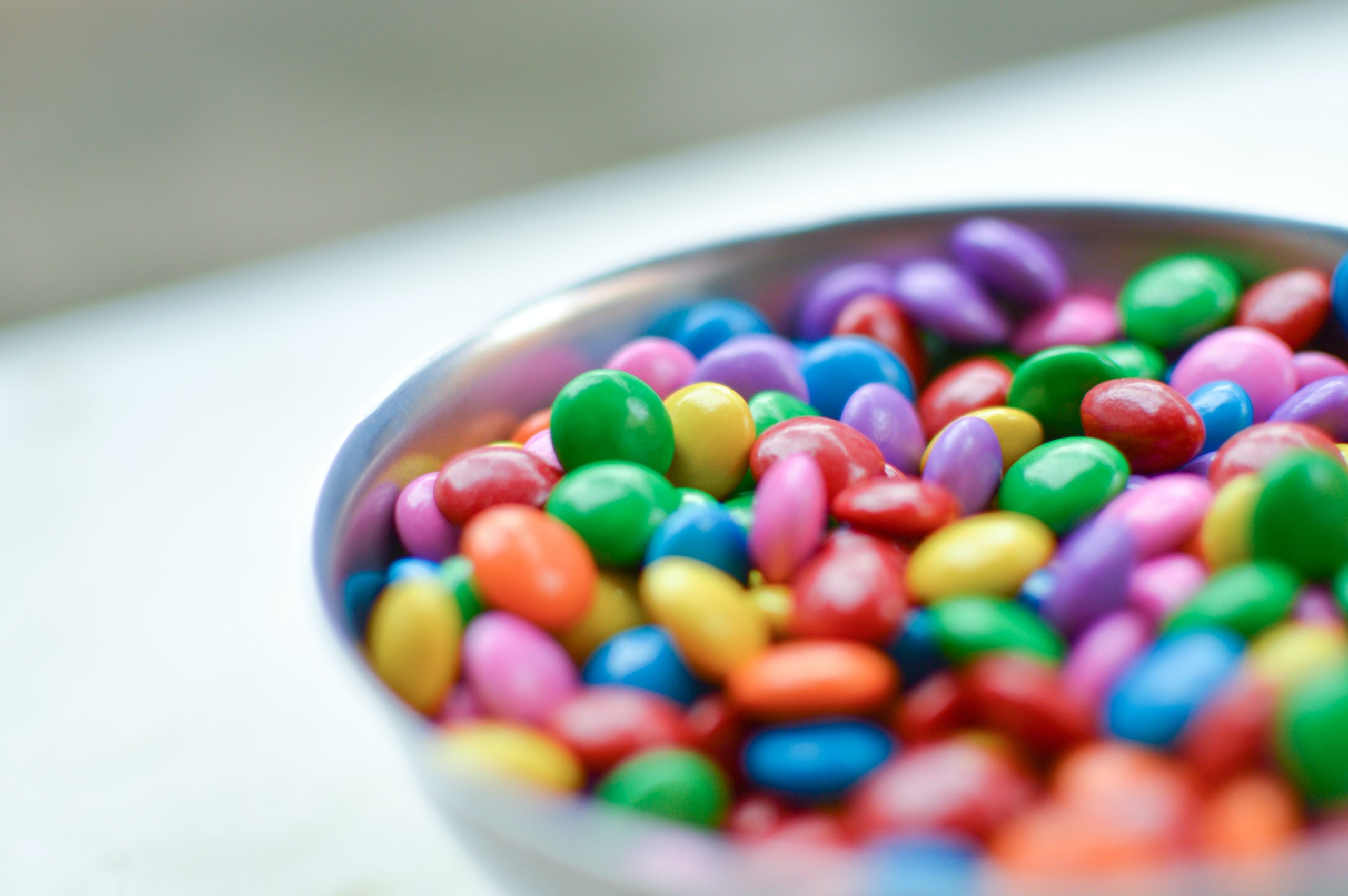The other day when I was in the shop I saw something that bothered me!
Firstly, before I go on I would like to point out that I am no expert in child nutrition or parenting for that matter. These are merely observations from my own experiences.
I, myself have only been a parent for a grand total of 6 years and I am still learning every day.
One thing however, that I am extremely proud of is my kids’ willingness to give pretty much any food a try, and multiple times too, to see if they like it and more often than not they do.
Prawns, crab, salmon, chicken, beef, mince, turkey, broccoli, carrots, peas, tomatoes, cucumber, mushrooms, peppers, nuts, seeds, eggs, cheese, every fruit that you could think of they have tried and for the most part enjoyed. We don’t have to bring them to a restaurant and order some of the rubbish you get on the kids menus (that is a whole other article in itself), they just get a smaller portion of something better from the adults menu.
So what is my point? Well when I was in the shop a lady who was in front of me asked her little boy, maybe 18 months old, would he like a box of smarties, he didn’t even ask for them (he was barely old enough to talk).
I saw this and I asked myself, why?
I completely understand the frazzled parent in the supermarket giving in to the child who has been begging them for the last 40 mins to get a treat for them but firstly, this lady had walked past the aisle with the fruit in it and secondly the toddler hadn’t even asked for smarties.
I’m pretty sure the child would have been just as happy to have an orange or a banana so why not explore those avenues first?
Are the smarties going to instantly make the child unhealthy or obese? Of course not, but my main point here is that I would try to delay giving hyper-palatable foods to a child for as long as possible because once you go down that path it is hard to bring them back again. Now ‘normal’ healthier foods that wouldn’t be as high in sugar, fats and salts aren’t very palatable, especially when it comes to a child’s brain.
They don’t get the ‘dopamine hit’ that they are now used to from the hyper-palatable foods and this becomes a vicious cycle. Suddenly broccoli starts to taste bland and plain, an apple takes too long to chew, nuts aren’t covered in salt so they don’t taste the same.
My two girls get just as excited (almost) about a bowl of raspberries and blueberries as they do with a less healthy treat. Do they occasionally have the less healthy options? Of course, but not very often.
Do they feel deprived and like they are missing out? I’m pretty sure not.
I don’t know how much of a factor this is but from early on when our two girls were young we used baby-led weaning which involves putting different pieces/types of food in front of them on the tray and getting them to experiment with it, chew it, poke it, throw it off the wall, mush it in to their hair but they got to experience what the food felt like in their hands and mouth. We have never gone down the route of pureed foods even through the nutrition is more or less the same the experience of eating the food is very different, visually, texture, even taste.
I can vividly recall when in a “food dudes” programme in a primary school I was working, they got children to try different foods they they haven’t tried yet.
An 8 year old boy was asked to identify this particular vegetable before he tried it. He couldn’t. It was a carrot. He also refused to even give it a try.
This shocked me, how can you get to 8 years old and not know what a carrot is?
An aubergine I could maybe understand, but a carrot?
With the kids one thing that we do regularly is, like the article linked below suggests, connect food to superpowers. “This will make your muscles stronger so you can lift heavy things”.
“Carrots will make you better at seeing in the dark”.
“Fish will make your brain stronger and you will be super smart” etc.
We have found this to be an invaluable tool to making foods more appealing.
Meal times can be a bit of a minefield for kids sometimes but while I would have some boundaries I wouldn’t force it either. Sometimes with the best intentions parents can cause a small incident to become a bigger issue. One less than perfect meal isn’t going to make that much of a difference in the long run and remember as we always emphasise to our clients, we are looking for progress not perfection. Above all else, what I would say is, as much as possible try to be a good role model. If you want your child to eat their vegetables, eat at the table without distractions, be open to trying new things, eat slowly, then you better be damn sure that you are showing the way. In my experience kids will tend to do what they see not what they are told to do.
This is a fantastic article from Precision Nutrition called: 9 Ways to Take the Anxiety Out of Nutrition for Kids. I highly recommend checking it out.
https://www.precisionnutrition.com/nutrition-for-kids-infographic



